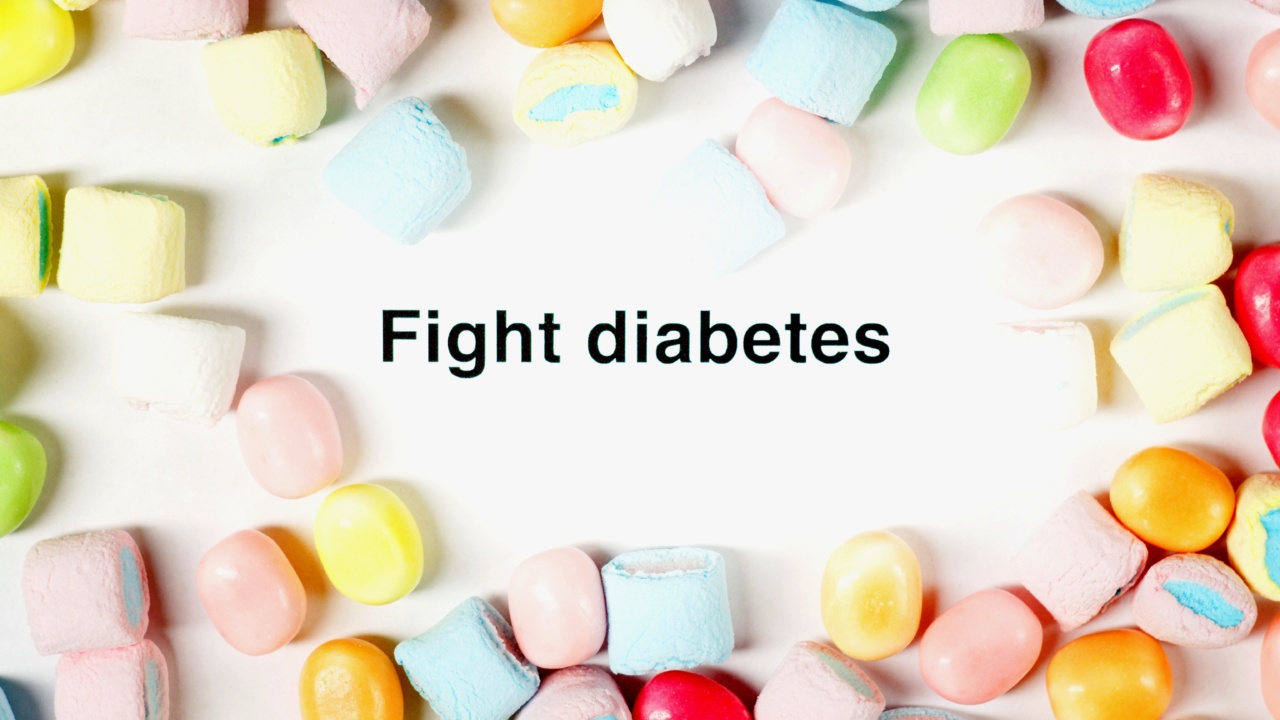Vitamin D is a fat-soluble vitamin that your body needs for various purposes, including maintaining healthy bones, supporting your immune system, and regulating cell growth.
Recent research has shown that vitamin D may also play a role in regulating blood pressure.
This has led many people to wonder whether taking vitamin D supplements could be an effective way to lower blood pressure and potentially reduce the risk of a variety of cardiovascular diseases.
What is Blood Pressure?
Blood pressure is the force that is exerted by the blood against the walls of your arteries.
When your blood pressure is too high, it can put extra strain on your heart and blood vessels, which can increase your risk of developing heart disease, stroke, and other related conditions.
Blood pressure is typically measured in two numbers: systolic pressure and diastolic pressure.
Systolic pressure refers to the pressure in your arteries when your heart beats, while diastolic pressure refers to the pressure in your arteries when your heart is at rest between beats.
The Link Between Vitamin D and Blood Pressure
Although there is still much that researchers do not know about the relationship between vitamin D and blood pressure, there has been some promising research in recent years.
Specifically, several studies have suggested that vitamin D supplements may be able to help lower blood pressure in people with hypertension.
One 2013 study published in the Journal of the American Society of Hypertension found that taking vitamin D supplements was associated with a significant reduction in both systolic and diastolic blood pressure in postmenopausal women with hypertension.
Another study published in the British Journal of Nutrition in 2015 found that vitamin D supplements could help reduce blood pressure in people who were overweight or obese.
While these studies are promising, it is worth noting that some other studies have found no significant relationship between vitamin D supplements and blood pressure.
A 2015 study published in the New England Journal of Medicine, for example, found that vitamin D supplements did not significantly reduce blood pressure in people with hypertension.
How Might Vitamin D Affect Blood Pressure?
There are several potential ways that vitamin D might help lower blood pressure. One possibility is that vitamin D may help to reduce inflammation, which could in turn help to lower blood pressure.
Another possibility is that vitamin D may help to improve the function of the endothelial cells that line your blood vessels.
Endothelial cells play an important role in regulating blood pressure, so if vitamin D helps to improve their function, that could help to lower blood pressure as well.
Should You Take Vitamin D Supplements to Lower Your Blood Pressure?
If you are concerned about your blood pressure and are considering taking vitamin D supplements, it is important to talk to your doctor first.
While vitamin D supplements are generally considered safe for most people, they can interact with certain medications and medical conditions.
Your doctor can help you determine whether vitamin D supplements may be a good option for you based on your individual health status and the other medications and supplements you are taking.
Getting Enough Vitamin D
In addition to considering vitamin D supplements, there are several other steps you can take to help ensure that you are getting enough vitamin D in your diet and from sun exposure.
Some dietary sources of vitamin D include fatty fish like salmon and tuna, egg yolks, and fortified foods like milk and cereal.
You can also get vitamin D from exposure to sunlight, but it is important to be careful not to get too much sun exposure, which can increase your risk of developing skin cancer.
The Bottom Line
While the research is still somewhat inconclusive, there is some evidence to suggest that taking vitamin D supplements may be an effective way to help lower blood pressure in some people.
However, it is important to talk to your doctor before starting any new supplement regimen, especially if you have high blood pressure or other medical conditions.






























